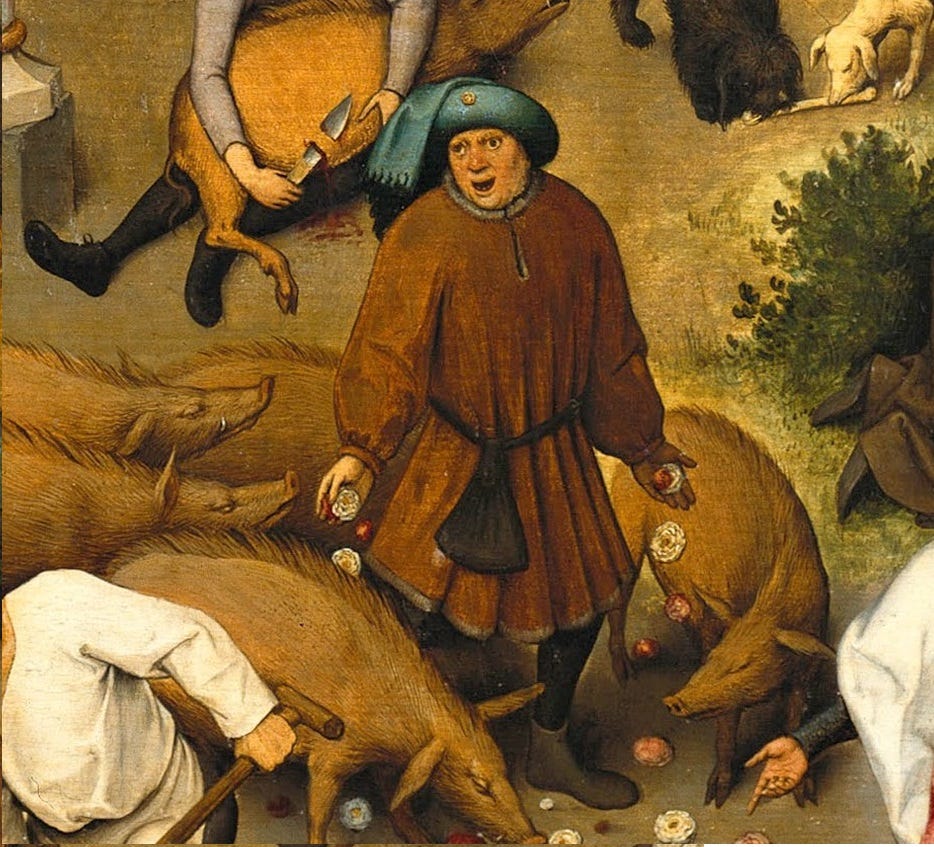Hello,
It’s three in the afternoon, the end of August. This will be a short letter since there will be several long ones soon.
Here is one of my favorite songs by Leonard Cohen, maybe even songs in general:
What is the song about?
Love. Love and adultery and love despite the adultery, I guess. Love between a man and a woman, but also love, friendship, and tenderness between two men, who became rivals. These two lines never fail to draw a tear into the corner of my eye.
Yes, and thanks, for the trouble you took from her eyes I thought it was there for good so I never tried.
It can be quite silly if I hear them in inappropriate circumstances.
The titular blue raincoat was probably a real thing and also a story of loss. Cohen himself commented on it:
I had a good raincoat then, a Burberry I got in London in 1959. Elizabeth thought I looked like a spider in it. That was probably why she wouldn't go to Greece with me. It hung more heroically when I took out the lining, and achieved glory when the frayed sleeves were repaired with a little leather. Things were clear. I knew how to dress in those days. It was stolen from Marianne's loft in New York City sometime during the early seventies. I wasn't wearing it very much toward the end.
That means that maybe somewhere in a forgotten corner of someone’s closet, or maybe on a Goodwill rack, there is a truly famous blue raincoat with a torn shoulder. Probably not, though; too much time has passed, and too little attention is usually given to old stolen garments. The song is not about the raincoat, after all, it’s just a symbol.
But is it the most famous blue raincoat? Interestingly, also probably not. Moreover, there is at least one even more famous, which you have likely already seen.
In preparation for setting up this blog, I took a really good look at The Flemish Proverbs by Pieter Bruegel the Elder. I looked at the painting in really high resolution and also read a bit about the proverbs themselves. And one of the central images in the painting corresponds to the saying “a wife puts the blue cloak on her husband”. An English analogue is probably “pulling the wool over one’s eyes”, but in this case with a clear adultery context. Indeed, The Blue Cloak, or De Blauwe Huik, is an explicit metaphor for adultery.
(… and when she came back she was nobody's wife.)
Is this a coincidence? I think, in this case, it just might be. Leonard Cohen is known for dense texts full of allusions, but Flemish proverbs are probably outside of his regular range. I cannot think of any other reference to anything remotely close. He also never mentioned this when asked about this song.
But just as there is beauty in an author carefully planning and weaving his winks and allusions, there is also beauty in the coincidental nature of our reality. If I were a religious man, I would say that this is how God writes poetry.
But for the atheists among us, it might be even more precious.
(my face when I stumble upon such a coincidence)
Best,
K.






